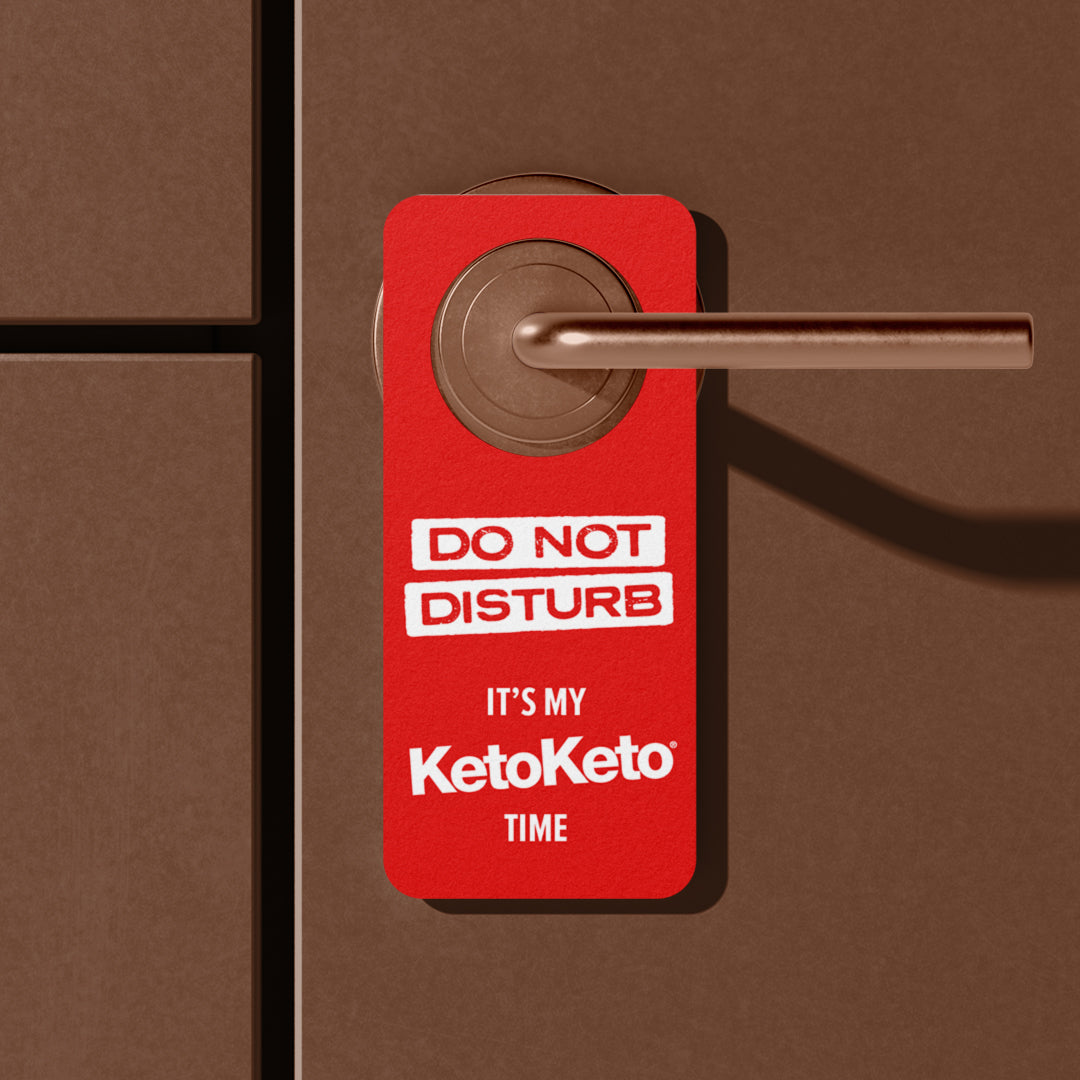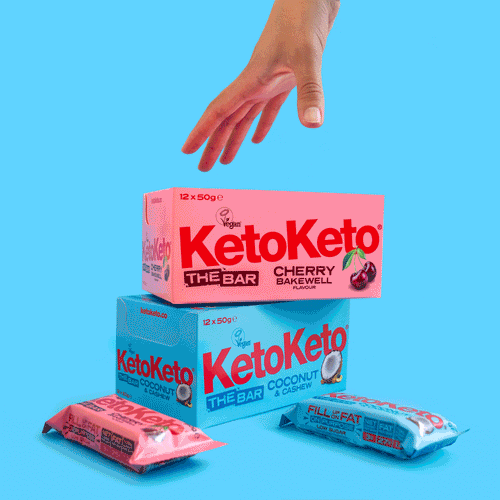Hormones play an integral role in performing lots of bodily mechanisms. They are like chemical messengers that run in the bloodstream to trigger desired and specified functions, ranging from stabilising sugar levels, metabolism, reproduction to preparing our body for an emergency response. And there is no doubt that a slight disruption in hormones can bring a massive change in our body.
Hormonal imbalance is one of the major causes of weight gain, which remains undiscussed and under cover most of the time.
For instance, one might blame overeating habits for weight gain, but it may be that hunger hormones are unusually working more. In this case, a person cannot cure obesity until the responsible hormones are brought under control.
This article will discuss the top four weight-loss hormones that regulate hunger, energy, appetite and body weight and how controlling these hormones through a keto diet help lose weight.
Glucose Regulating Hormones
Two hormones exclusively regulate the blood sugar and energy levels in the blood:
- Insulin
- Glucagon
Insulin:
The pancreas makes a hormone called insulin, this hormone aids digestion by helping the body to use glucose (sugar) for energy. When we eat carbohydrate rich food, insulin from the pancreas, comes into action to regulate the blood glucose levels by provoking the uptake of glucose from the blood to the cells to perform various functions.
Additionally, it inhibits fat stores, and instead, encourages them to conserve energy. Insulin his a growth hormone, therefore, storing fat for energy and having high levels of growths hormones will encourage weight gain.
How does the keto diet help?
The keto diet enhances metabolic state where the body uses healthy fats instead of carbohydrate for fuel. In this way, the body learns to derive sole energy from ketones, which do not trigger insulin.
Secondly, fewer carbs means lower blood glucose levels that simultaneously lowers insulin secretion.
Thirdly, dietary ketones in the blood mimic a fasting state that keeps the insulin lower and encourages the body burn fats for energy, increasing weight loss.
Glucagon:
Although it is released from the same organ as that of insulin, it works entirely different. Glucagon is released in the bloodstream when the body is in the fasting state or has reduced glucose levels. Subsequently, it provokes the liver and fat stores to release stored glucose and fats in the bloodstream for energy.

KetoKeto Low Carb
Crunch Puffs
Missing crisps? We know the feeling. We created our keto, low carb crisps to help you snack better and fix that crunch-craving. Not to mention they're also high in protein, low in calories, high in fibre, vegan and gluten free.
How does the keto diet help?
When the body is in ketosis, glucose levels are depleted in the blood and that signals the body to activate glucagon and release stored energy (from fats and glycogen stores) into the blood.
Additionally, being in ketosis encourages you to consume proteins (moderately) because proteins enhance glucagon production, this is supported by a study published in Diabetologia.
Therefore, higher glucagon levels means the body consumes more stored energy (from glycogen and fats) and this can aid in weight loss.
Hunger Regulating Hormones
Studies show that big appetites and frequent hunger are the most common causes why most people fail to lose weight through any dietary approach. Two hormones help regulate hunger and satiety in our body:
- Leptin
- Ghrelin
Leptin:
It is a “stop eating’’ hormone that signals the brain that you have eaten enough, your tummy is getting full, and you must stop eating now, bringing satiety. It seems, more leptin reaching the brain makes one feel less motivated to eat food, less hungry and more filling.
Fat-storing cells are responsible for producing leptin hormones-means the higher the fat stores, the more will be the leptin levels and vice versa.
It means that higher fat stores in obese people should cause high leptin levels, therefore they eat less but, the reverse happens.
The reason is, obesity and eating refined carbs cause leptin resistance in the brain. This means that leptin keeps sending signals to stop eating, but the brain remains non-responsive due to leptin resistance, leading to a lack of satiety, overeating and weight gain.
Secondly, the unresponsiveness to leptin signals causes a compensatory increase in leptin levels to bring the effect, but it does the opposite; higher levels of the leptin itself causes further leptin resistance. A carbohydrate rich diet is one of the causes of leptin resistance.
How does the keto diet help normalise leptin?
The keto itself is a low carb diet, which restores the sensitivity of leptin receptors in the brain to bring the satiety effect and avoid overeating.
Secondly, the keto diet encourages eating proteins that induce satiety, lowers leptin resistance and promotes weight loss, revealed by the study published in The American Journal of Clinical Nutrition.
Ghrelin:
It works as a hunger provoking hormone. Ghrelin releases when we are starved and need energy that pushes us to leave a comfortable couch and head straight to the fridge to search for food.
Feeling hungry means a high level of ghrelin is circulating in our blood, which returns to baseline levels after a meal. However, sometimes ghrelin does not reduce after meals and keeps giving hunger signals to the body, leading to over eating and weight gain.

KetoKeto Bars
Our bars are made with carefully selected ingredients, such as almonds and coconut oils to ensure you get the right balance of healthy fats and protein for your digestion. Low in net carbs and developed to have minimal impact on blood sugar levels, over 10,000 people in the UK trust them as their go to keto snack.
Does ketogenic help normalise the ghrelin levels?
Yes, it does, but the exact mechanism is unclear. It seems that the fatty acids from a fat-based diet signal to the brain centre (hypothalamus) that the body has plenty of energy which causes appetite reduction, revealed by a study published in the European Journal of Clinical and Nutrition.
Similarly, a study published in Clinical Nutrition and Metabolic Care investigated the effect of the keto and non-ketogenic diet plans on ghrelin production. It found that the keto diet significantly reduced the ghrelin hormone more than any other diet.
Another study published in Obesity investigated the keto diets effect on appetite and found that lower ghrelin levels significantly lower the appetite and desire for food up to 1-2 hours after keto meal.

Summary
Studies suggest that the Ketogenic diet and low carb diets are beneficial for weightless and hormonal regulation. There is significant evidence to suggest that following a ketogenic or low carb diet supports long term nd short term weight management goals. The reduction of ‘hunger hormones’ such as ghrelin and leptin contribute to appetite suppression and it is suggested that ketones can affect the brains response to appetite whist improving brain function and hormonal and metabolic health. Insulin, glucagon, leptin and ghrelin are the hormones that directly impact body energy, appetite, hunger and weight. Following the keto diet means hunger can be reduced and weightless improved by reducing carbs, moderating protein and filling up on healthy fats in a variety of forms.
References:
- https://www.medicinenet.com
- https://pubmed.ncbi.nlm.nih.gov/11079744/
- https://www.sciencedirect.com
- https://pubmed.ncbi.nlm.nih.gov/16002798/
- https://www.healthline.com
- https://journals.lww.com
- https://onlinelibrary.wiley.com






